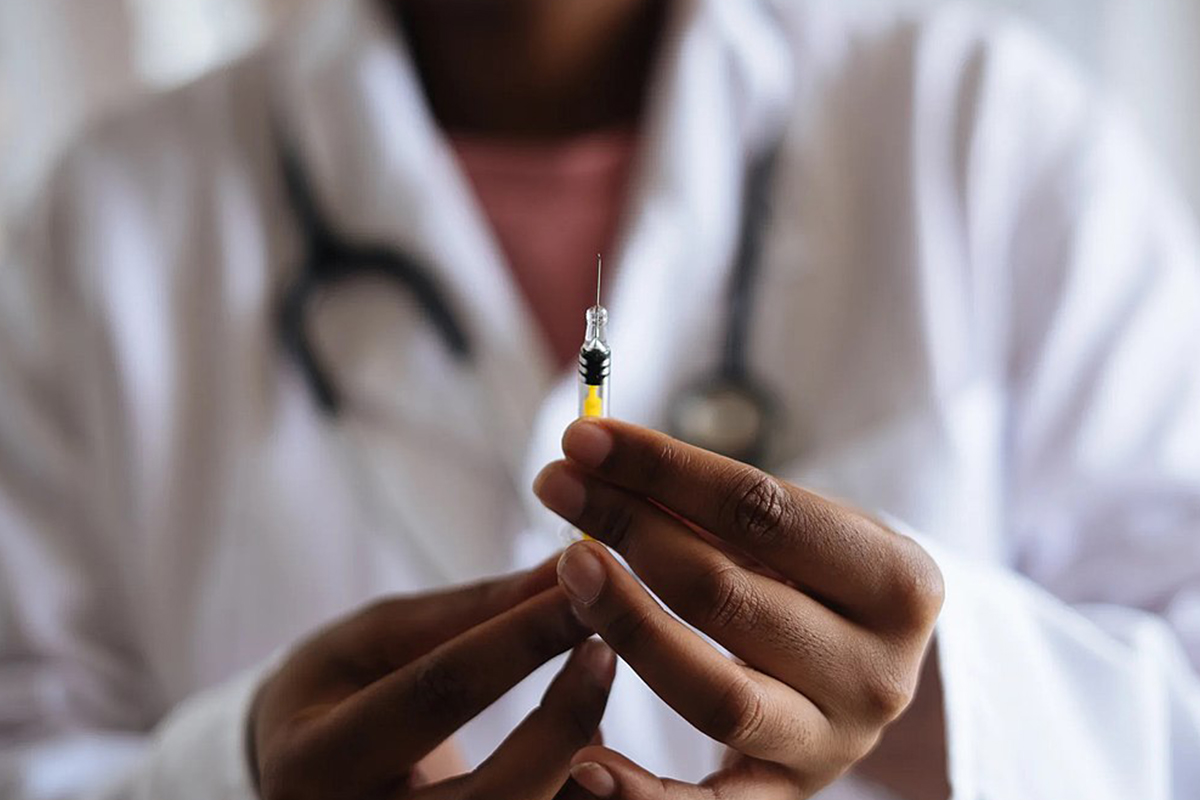Four national health experts testifying before the U.S. Senate Committee on Health, Education, Labor and Pensions last week sought to convince legislators, as well as the public, that when a vaccine or a treatment for COVID-19 is released, it can be trusted.
“In the end, FDA will not authorize or approve a vaccine that we would not feel comfortable giving to our families. Science will guide our decisions,” said Stephen Hahn, Commissioner of Food and Drugs in the United States Food and Drug Administration.
Any coronavirus-related vaccine will have to successfully complete the same process as any other vaccine, and the agency will ensure, regardless of the need to move quickly or political pressure, that quality and consistency is maintained, Hahn said.
The Sept. 23 hearing — “COVID-19: An Update on the Federal Response” — provided an update on the status of current vaccination trials, treatment development and the deployment of tests throughout the U.S. as the country’s COVID-19 death toll eclipsed 200,000.
In a prepared statement, Committee Chairman Sen. Lamar Alexander (R–Tenn.) said there are currently five products authorized for emergency use to help treat and manage COVID-19 symptoms. He said officials are optimistic that more treatments will be identified or developed and in clinical trials this fall, with potential for approval or authorization by the end of the year.
“Knowing that there is some medicine that will help treat COVID-19 should greatly relieve the anxiety Americans feel about going back to school, college, work and out to eat.” Alexander said.
Additionally, following “initial missteps…in distributing the diagnostic tests that would help to identify and isolate those who contracted the virus” this past spring, there is now the national capacity for administering more than 90 million tests, he explained. One company, Abbott Laboratories, is reportedly on track to produce 50 million of its new tests a month by October, which can produce a result in 15 minutes and costs $5 per test.
The federal government has purchased 150 million of these tests to help expand testing in places like schools and nursing homes.
“In the coming weeks, we will begin shipping millions of tests per week in support of our teachers and students to open and keep open our K-12 schools,” Admiral Brett Giroir, Assistant Secretary for Health in the United States Department of Health and Human Services, told the committee.
Throughout the hearing, experts fielded numerous questions surrounding recent statements from the Trump administration that distribution of a vaccine would happen before the end of the year, as well as other assertions made by the President that contradict science and medical experts.
A USA Today/Suffolk Poll taken Aug. 28–31 found that two-thirds of U.S. voters say they won’t try to get a coronavirus vaccine as soon as it becomes available, and one in four say they don’t want to ever get it. In addition to those who generally oppose immunizations of any kind, the results suggest a significant mistrust of the Trump administration’s push to speed up the development of a vaccine.
Dr. Anthony Fauci, Director of the National Institute of Allergy and Infectious Diseases at the National Institutes of Health, told senators that despite the fact that the process of developing this vaccine will be quicker, it will not be less rigorous.
As part of a strategic approach to COVID vaccine development, clinical trials are being “harmonized” so that info from one can be applicable among all, he said. And doses of the handful of vaccine candidates currently undergoing clinical trial are being produced so that they can be quickly distributed should they receive approval.
“We feel cautiously optimistic that we will be able to have a safe and effective vaccine, although there is never a guarantee of that,” Fauci said. “As these trials go on, we predict that some time by the end of this year — let’s say November or December — we will know whether or not these are safe and effective.”




